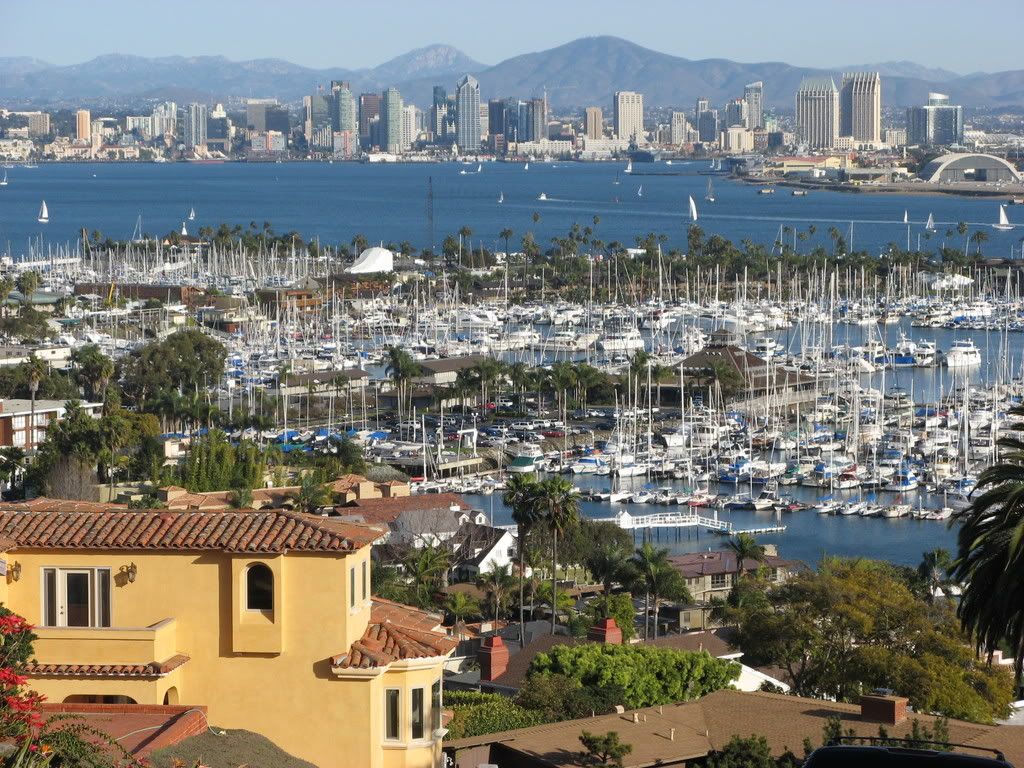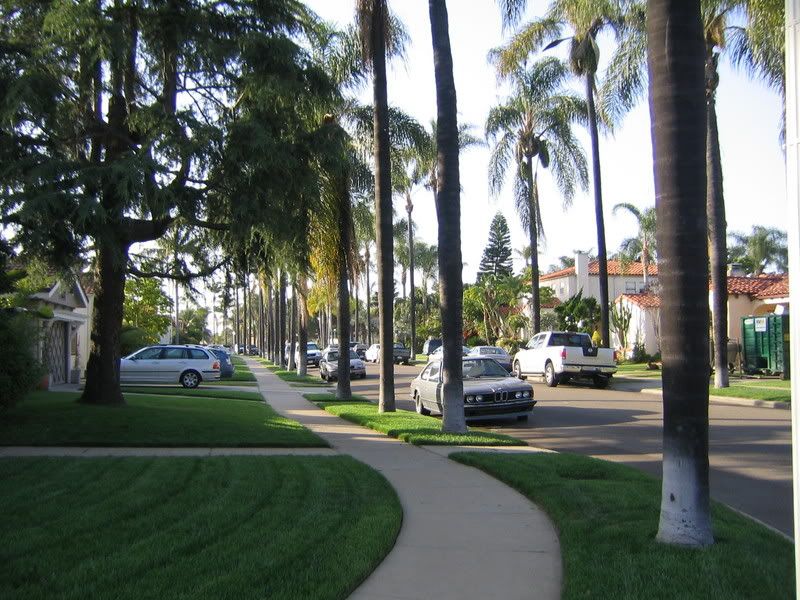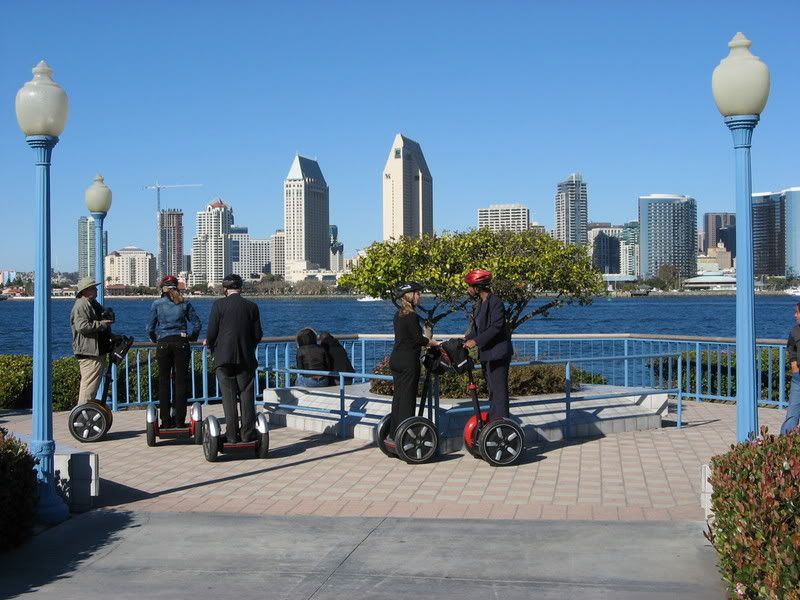Its survival is widely attributed to the presence not of this country's 2,400-member army, but to 4,000 French troops, including 1,500 legionnaires. Djibouti is among the last bastions of the French Foreign Legion. In addition, some 6,000 French civilians supervise virtually every major aspect of life here, from city planning to teaching.
''This could be a small town in the south of France except that they don't play bowls in the main square,'' a longtime foreign resident said. Neutrality and Stability
The French influence is omnipresent. The visitor meanders through picturesque squares, by the Banque Indo Suez Mer Rouge and Pharmacie Generale de l'Ocean Indien. Posters urge the thirsty, ''Buvez Coca-Cola'' from the local bottling plant, Djibouti's largest manufacturing concern, in fact, one of the country's only industrial plants.
France pays for Djibouti's army, its police and for dozens of other local services.
Apart from French protection, however, Djibouti's deliberate diplomatic neutrality has contributed to stability. Recently visitors saw ships from France, the United States and the Soviet Union docked simultaneously in the city's Gulf of Aden port, which is being expanded.
The port accounts for a sixth of the revenue of the country, whose population is estimated at 350,000. Almost everything - T-shirts from Taiwan, videos from Japan and live cattle from Ethiopia - can be seen being unloaded and loaded onto ships destined for neighboring countries. Djibouti's dependence on France causes some soul-searching, especially among the young, who have taken Djibouti nationalism to heart. Not so the country's pragmatic elders.
One minister, asked whether Djibouti's relations with France had worsened under President Francois Mitterrand, replied: ''We have a saying in Arabic. The man who marries my mother will always be my uncle.''
One of the less appealing aspects of France's presence in this arid country, one of the hottest spots in the world, is evident at a brothel known as Le Grenier, which means The Attic. It is one of 42 such establishments near the main square that are devoted to entertaining the French soldiers and other visitors.
The bordello's madam, an impressively stolid figure, is known as King Kong. She supervises the work of 10 women, who appear to range from 20 to 40 in age.
The source of the bar's attraction is not immediately obvious. The bar is filthy; it has no roof, and planks in the stairs leading up to it have rotted and fallen out.
The bar is garishly lighted in green and white neon. The beer is warm. Customers pay the equivalent of $3 a beer, and $9 for five minutes with one of the women in one of the five adjoining rooms.
But the dive is popular because it is cheap by Djibouti standards, where most consumer goods are imported, and because there is less danger of contracting a communicable and embarrassing disease. The establishment is monitored by French military doctors, who attend to the women's health, according to the bar's soldier patrons.
A mood of anticipation has gripped sports fans here. Djibouti is preparing to go to the Olympic Games for the first time in its history.
Djibouti's first opportunity to take part as a nation came in 1980, but it chose to boycott the Games in Moscow to protest the Soviet intervention in Afghanistan.
Djibouti's team is small but strong, sports enthusiasts here said. It includes three runners, who will be advised by two coaches. Seven ministers are planning to attend the Games in Los Angeles.
© Copyright 1984 The New York Times Company. All Rights Reserved







